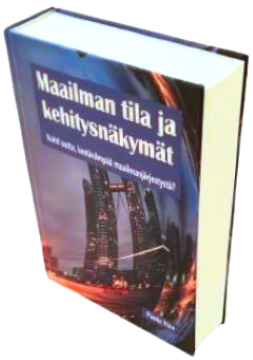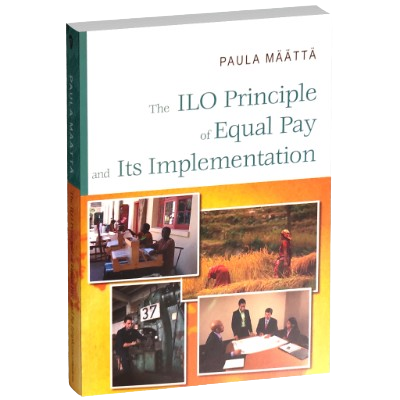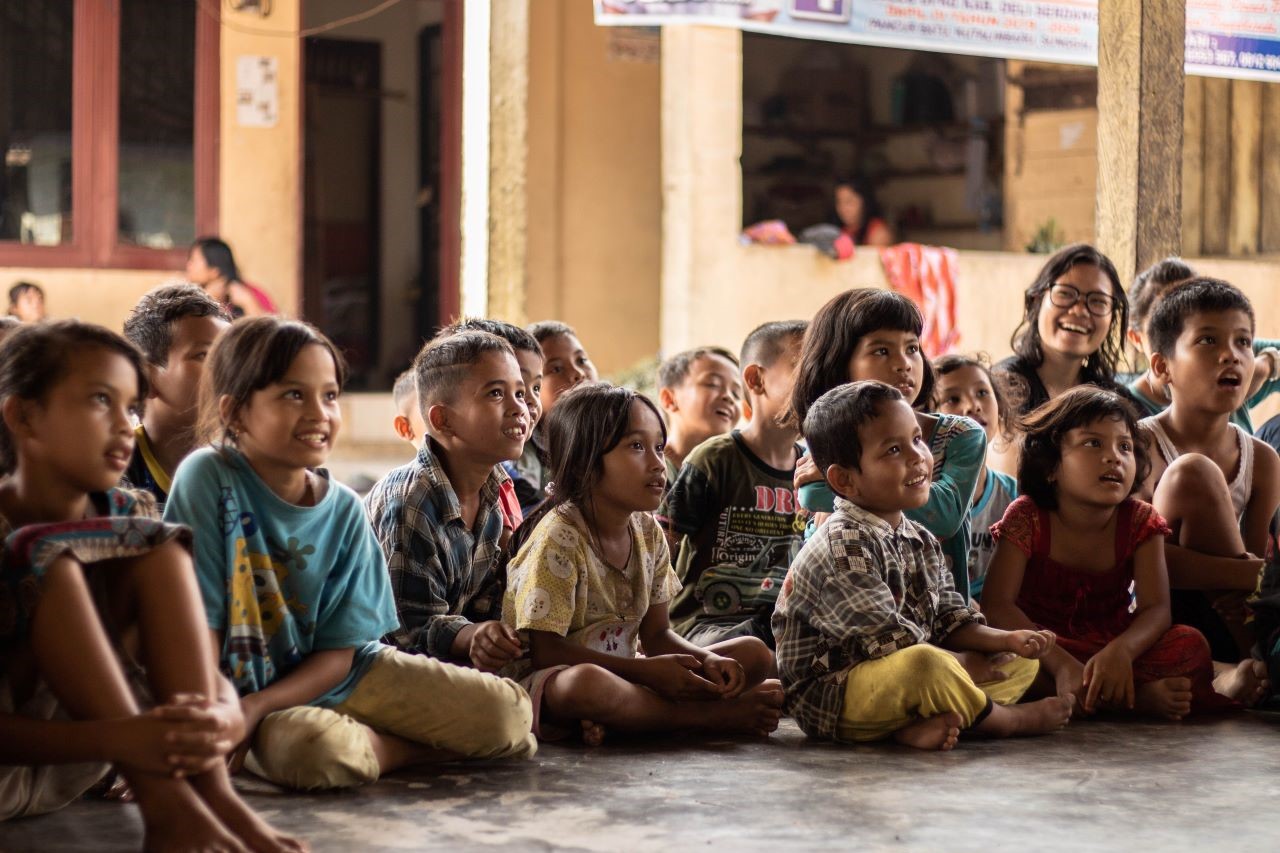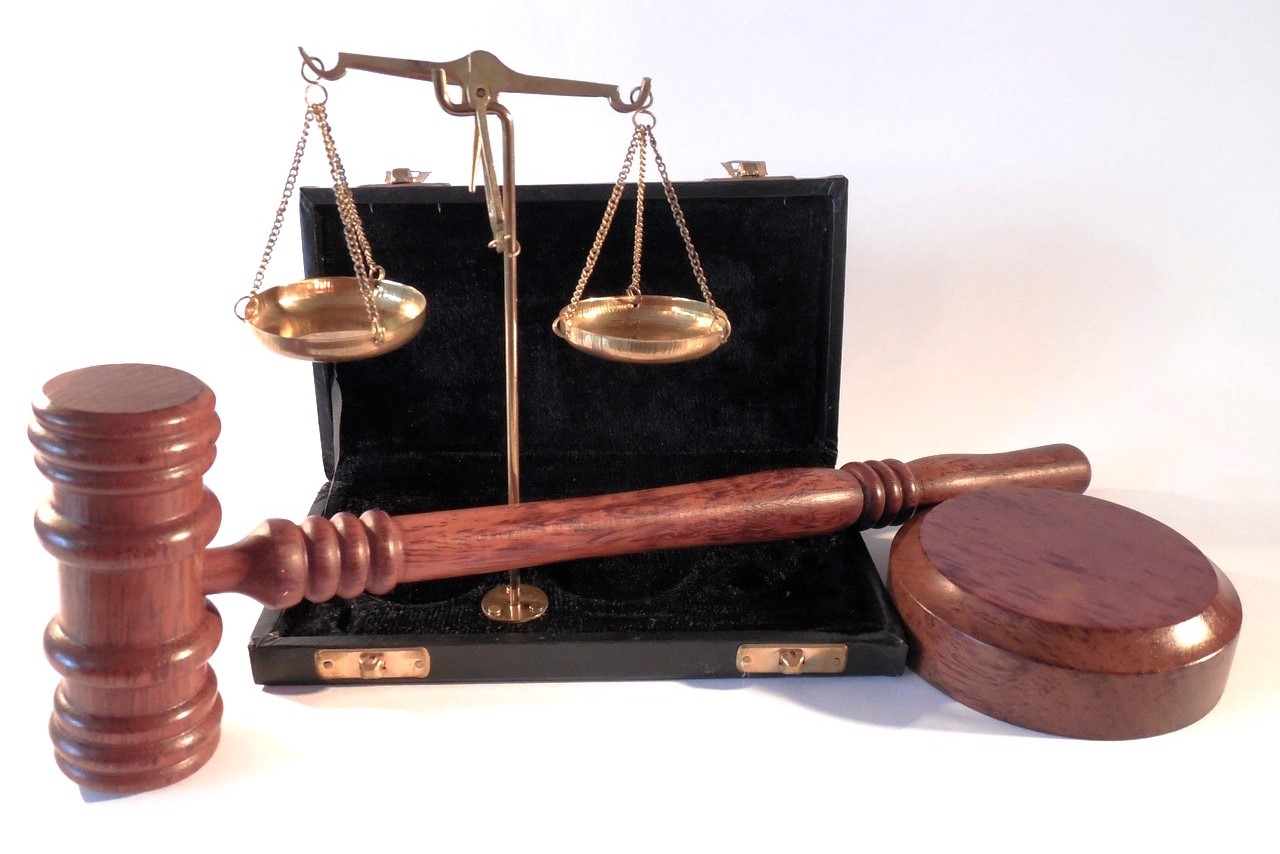Paula Ylén
Social Scientist
and Writer
Development, freedom, equality, and justice for all

Doctor in Social Sciences Finland paula.ylen12@gmail.com
Expertise
For almost two decades, I have been a dedicated advocate for societal and human rights issues. Armed with a doctorate in Social Sciences, I have worked with these issues as a researcher and expert at national and international institutes, including UN organizations, also gaining insights into the private sector.
My focus encompasses governance, democracy, justice, labour, economy, civic society, and the environment. I have primarily approached and analyzed these fields by human rights and gender perspectives, including an ethical perspective. In recent years, I have expanded my scope to challenging legal cases, particularly focusing on the rights of small entrepreneurs and the elderly.
Seeking a holistic perspective, I have also considered the fields at the international level, exploring the policies of global entities such as UN organizations, OECD, World Bank, IMF, regional organizations (European Union, African Union, Arab League, ASEAN, PROSUR and UNASUR), multinational corporations, and international NGOs.
I have actively conducted several research and analyses on these fields, planning, conducting, and managing projects which has necessitated undertaken in-depth research in national and international laws, documents, and publications. Such data collection methods as interviews and questionnaires have also been employed. Analyses have primarily involved adhering to the principles of historical and document-based social research, following the standards of both qualitative and quantitative research, including comparative studies across developed and developing countries, as well as follow-up studies.
The outcome of my work and projects has been several publications, totaling 20, including my doctoral dissertation on equal pay (2008, 485 pages), as well as two books on the state of the world and its future prospects (2021, 941 pages) and democracy (2022, 218 pages).
Collaborating with diverse institutes and groups of people, I have navigated through different cultural intricacies and social issues, learning to recognize relationships between less obvious issues and their consequences, aiming to understand implications for the future.
My professional journey is one of resilience and an unyielding commitment to creating a more just world.
1) Governance and Democracy

Based on political science and international politics and law, my career includes comparative studies of different governing systems — democratic, oligarchic, and authoritarian regimes. Of these regimes, I have delved deeply into democratic systems, exploring their origins, development, and current state. My examination spans from the inception of democracy with its ideals and principles in the 6th century BC to contemporary times. I have scrutinized early forms of democracy in Athens, ancient India, and medieval societies, along with the evolution of modern democracy in Europe and the United States.
In addition to analyzing the structures and practices of democratic, oligarchic, and authoritarian regimes, I have studied them in relation to human rights and ethics. Key issues have included party politics, election processes, civil and political rights, and the ethical consciousness of political parties and networks. It is common for governing systems of countries to be influenced by various networks that push and defend their own interests in these systems, and in many countries, they are based on nepotism, ideology, religion, ethnicity, gender and/or wealth. Discrimination and corruption, more often prevalent in oligarchic and authoritarian countries than in democratic countries, lead often to governance decay and violations of human rights.
Comparing different regimes, I have evaluated their adherence to the rule of law, the relationship between governments and citizens in term of implementing human rights, as well as the presence of favoritism and discrimination. These factors significantly impact the effectiveness of administration, the well-being of people, and economic functionality. Studies have consistently showed that increased discrimination and favoritism correlate with unequal and unjust administrations and a lack of observance of the rule of law.
Examining international relations, I have observed a clear polarization between democratically and authoritatively led countries. Authoritarian regimes often operate in isolation and seek cooperation with like-minded nations, supporting each other's political solutions that may violate human rights and international law. African weak democracies strive to establish international relations with various regimes, not necessarily prioritizing human rights and international law to the same extent as strong democracies do. This often poses a threat to democracies in African nations.
One concerning trend in international relations is the double standardization in the implementation of international law, where countries tend to favor those with similar ideologies, beliefs, or ethnicities. This trend is bolstered by the increasing dissemination of misinformation, particularly through media, especially social media. Its purpose is to produce and spread biased information to the public to support and advance specific goals. In today's world, double standardization and misinformation pose an even greater threat to democracy and world peace.
Regionally significant international organizations, such as the European Union, African Union, ASEAN, Arab League, PROSUR, and UNASUR, play a crucial role in developing governance systems in their respective regions. While these organizations generally emphasize principles such as good governance, stability, democracy, unity, human rights, and the rule of law, their weaknesses stem from institutional fragility and conflicting interests among member states, which limits and undermine their political goals and influence.
2) Justice and the Rule of Law

Justice and the rule of law form the foundation for a fair and well-functioning society, crucial for the well-being of all its members. In my comparative research regarding democratic, oligarchic, and authoritarian regimes, I have analyzed and compared how they implement international principles of the rule of law in their justice systems. This involved a meticulous examination of the justice systems of the Nordic countries (Denmark, Norway, Finland, and Sweden), recognized as advanced nations in adhering to the rule of law according to the Rule of Law Index by the World Justice Project. Additionally, I delved into the nations with the weakest rule of law compliance, including Venezuela, Cambodia, the Democratic Republic of the Congo, Egypt, Cameroon, Mauritania, and Afghanistan. Also, I explored weak democracies such as Albania, Ghana, Peru, and Thailand.
My international experience in justice and the rule of law extends to my tenure at UNDP Nepal. During this period, I provided support and oversight for the "Mainstreaming Gender Equity Program," aiming to integrate women's rights and gender equality perspectives across administrative sectors and justice system. The program sought to empower women of their rights, enhance their access to justice, and ensure the realization of girls' and women's rights at all levels of administration and justice, including policymaking.
Simultaneously, I played a role in backstopping and monitoring a joint project among UN organizations, addressing the critical issue of trafficking in girls and women in Nepal and India. This experience together with my research have deepened my understanding of the intricate facets of child labour and the gender dimensions of human trafficking. Human trafficking poses a severe challenge to justice and the rule of law, demanding comprehensive efforts to combat this pervasive violation of human rights. Addressing this issue necessitates robust legal frameworks, effective law enforcement, and international collaboration to ensure justice for the victims and uphold the principles of the rule of law.
In recent years, I have broadened my expertise in law and justice by conducting comprehensive investigations into cases involving the violation of rights for small entrepreneurs and the elderly in Finland. I have compiled reports and filed complaints on their behalf, with the objective of safeguarding and advancing the rights of these groups and individuals, whose rights have been infringed upon by either public authorities or private entities. Legal actions, including cases filed in supervisory authorities and Finnish courts, including the highest courts, have been pursued.
3) Equality and Non-discrimination

Throughout my career, I have dedicated myself to advancing gender equality in labour markets and advocating for women's rights. My research projects, conducted at both national (the University of Tampere, the Work Research Centre, and the Equality Ombudsman’s Office) and international (various branches of the ILO and the Government of Canada) organizations, have predominantly focused on the development and implementation of the equal pay principle of the International Labour Organization (ILO) on a global scale, but also on other labour market issues.
I have undertaken several projects on the issues comparing developed and developing countries, analyzing similarities and differences in implementing workers' rights from a gender perspective in labour markets. For example, my doctoral dissertation delved into the evolution of the principled idea of equal pay for women and men, culminating in the establishment of the international norm, Equal Remuneration Convention No.100 of the ILO, and different policy discourses on equal pay that were held at the international level between 1848 and 2000. A comparative analysis of nine countries (Australia, Canada, Finland, Ghana, India, New Zealand, the Philippines, the UK, and Zambia) provided insights into the diverse implementation of this principle from the 1950s to 2000.
During my tenure at the Finnish Institute for Health and Welfare (THL), I contributed to an EU-funded project addressing the balance between work and family life in Finland. This research explored how new working hours and organizational innovations impact the combination of work and family life, taking also into consideration a gender perspective. Simultaneously, my involvement in a nascent project on gender equality in Finnish companies allowed me to shape the questionnaire and contribute to its early phases.
In my recent broader research on the state of the world, I have examined democratic, oligarchic, and authoritarian regimes in relation to the relationship between leadership and citizens in terms of implementing civil and political rights. The exploration of favoritism and discrimination across various dimensions — ideology, religion, race, ethnicity, and gender — within administrative and power structures has revealed critical insights into the dynamics influencing citizens' opportunities to influence and participate, leading to various violations of citizens’ rights and undermining government’s credibility in their eyes.
My engagement with the UNDP's 'Mainstreaming Gender Equity Program' in Nepal aimed to integrate gender equality into the country's political, social, judicial, and economic fabric, combating gender-based discrimination. Another project, 'Beyond Trafficking: A Joint Initiative against Trafficking in Girls and Women in Nepal,' spotlighted severe human rights violations and sought to raise awareness at various levels. In my role, I also evaluated UNDP project plans from a gender perspective and participated in recruitment processes. My time in Nepal heightened my awareness of the challenges in incorporating women's human rights and gender perspectives into the structures and practices of the country and the UN system.
In recent years, my focus has expanded to safeguarding the rights of the elderly due to the rising instances of social exclusion and abuse, and the rights of small entrepreneurs due to increasing instances of economic exclusion and discrimination in public decision-making in favor of publicly owned companies. Limited public funds and inadequate facilities have heightened the challenges faced by the elderly, particularly those suffering from dementia and Alzheimer's disease. Ensuring their rights and well-being and preventing them from being abused have recently become a further aspect of my advocacy.
4) Economy and Development

Comparative analyses of economic systems, including the United States, Finland, and China, have revealed diverse approaches with the common goal of continuous economic growth. The pursuit of growth and profit dominates global economic life, overshadowing increasingly fair working conditions and terms, particularly for vulnerable groups like women, children, guest workers and immigrants. This trend weakens workers' human rights and contributes to increased malaise and sickness, leading to income disparities and the expansion of the informal economy.
Analyzing national economies in terms of state revenue, asset utilization, and income distribution — specifically, whether these mechanisms serve personal interests or contribute to national well-being — is closely tied to the country's governance and economic structure. Increased corruption diverts wealth for personal gain, thereby hindering the establishment of an effective and comprehensive taxation system. A robust tax system would enable collective funding for national development, reducing the informal sector's role and supporting societal development for the well-being of the entire nation.
A functional school system with compulsory education is crucial for promoting equality and sustainable development. Beyond serving as an individual's educator and socializer, the school system plays a vital role in shaping opportunities and contributing to societal development. These issues, analyzed through a gender perspective, have also been highlighted in my research project on the state of the world. They are strongly intertwined with a country's economic system and regime, as well as the level of implementing human rights, significantly impacting a country's development.
Shifting focus to small entrepreneurs and local producers facing challenges such as rising competition, their economic opportunities are diminishing worldwide. This not only impacts families and their living conditions but also extends to broader communities, leading to issues such as unemployment, poverty, and weakened services. This trend is often intertwined with multinational corporations not paying taxes, posing threats to economies and workers' rights, particularly so in developing countries. Structural and diverse corruption in these countries exacerbates the situation, negatively impacting the well-being of people. Additionally, human rights violations are typical and prevalent where multinational corporations are functioning, especially in developing countries, making necessary to develop international regulatory measures to enhance corporate surveillance and social accountability.
My examination of economic and working life has entailed a comprehensive analysis of the role and function of trade unions across various countries, including those governed by authoritarian and oligarchic regimes. Special attention is given to decentralized and centralized collective agreement procedures, scrutinizing their implications on working life and the broader economic landscape. I have identified specific challenges encountered in collective agreement procedures in Finland, the United States, Arab countries, and developing countries.
International actors have played a central role in my research project. They, particularly the UN agencies with their universal values and principles, act as "educators" of nations, although their implementation faces constraints. For a closer examination of economic and development aspects, I chose the International Labour Organization (ILO) acting as a legislator and advocate of universal workers' rights and the International Monetary Fund (IMF) acting as a stabilizer of international financial markets. International NGOs also significantly contribute to the development and implementation of universal values and principles, operating also at both local and national levels. The main constraints in implementing universal values and principles are the various ethics of humanity and the resulting conflicts of interests.
5) Environment and Climate Change

The health of the environment is crucial to the preservation, development, and well-being of humankind. Clearly the most severe threat is the advancing climate change and environmental destruction caused by us, the people. We are increasingly experiencing detrimental consequences of global warming, pollution, and unhealthy ecosystems, which undermine our opportunities and possibilities for a good life — a broad subject I have addressed in my research.
In addition to exploring individuals' relationships with the environment from the perspective of environmental awareness, I have also delved into the nature relationship and lifestyle of families, consumer behavior, and waste production in different countries, both developed and developing. Agricultural production and forestry, including the Amazon rainforest, have also been a focus in analyzing the state of the world. The world's diverse water bodies, including oceans, seas, rivers, and lakes, owing to increasing fishing, shipping, and climate change, have also been one of the most central issues in my analysis.
Renewable energy sources constitute one of the primary focuses in today's global policy discourse. My comparative analysis of hydropower plants, wave power plants, tidal power plants, wind power plants, solar power plants, and geothermal power plants and their different energy sources has revealed their ethical and sustainable aspects and issues, as well as the challenges these diverse energy sources encounter in operation.
Regarding countries' environmental policies, I have conducted an evaluation on climate policies to determine whether countries' actions are sufficient to mitigate or adapt to climate change. Additionally, water policies in the Mediterranean region, the Baltic Sea, and the Nile, along with those of China and Canada, have been scrutinized to assess the state of the world and its prospects with respect to these essential environmental conditions.
My analysis of the natural environment policies of specific countries, including Finland, India, and the United States, have focused on areas such as forests and natural wetlands. The findings suggest a clear trend of weakening and diminishing due to inadequate protection measures.
It has come out that the role and activities of international actors significantly influence environmental policy trends. Among these actors, my research has focused on studying the environmental policy and actions of the EU, the World Bank, and the OECD. The environmental programs of multinational companies, in many cases, fall short in addressing their environmental impact. A noteworthy finding in my research is that international NGOs play a crucial role among these actors in environmental protection, collaborating closely with civil society. Notably, international NGOs are those that genuinely strive to promote environmental protection, actively raising concerns in public debate and enhancing awareness.
In conclusion, as a global community, we face profound challenges in promoting and ensuring sustainable development.
Team Skills and Values

Throughout my teamwork experience, I have consistently placed a high value on open communication and the exchange of information. I believe in fostering a working environment where team members respect one another's perspectives and actively collaborate towards a common goal.
My approach to teamwork involves creating a space where everyone feels heard, and ideas are freely shared. By encouraging a culture of open communication, I endeavor to maximize the collective potential of the team and enhance our ability to achieve shared objectives collaboratively.
Books by Paula Ylén

State of the World and Future
Prospects
(2021, 941 pages, only in Finnish).

... Towards What Sort of World Order?"

Democracy, Its Original Idea
and
Present State
(2022, 218 pages, only in Finnish).

The ILO Principle of Equal Pay
and
Its Implementation
(2008, 485 pages).






